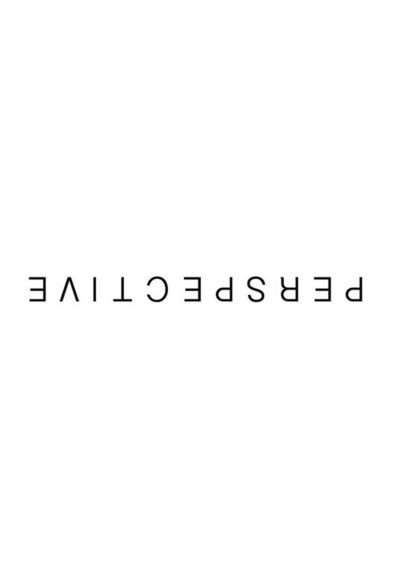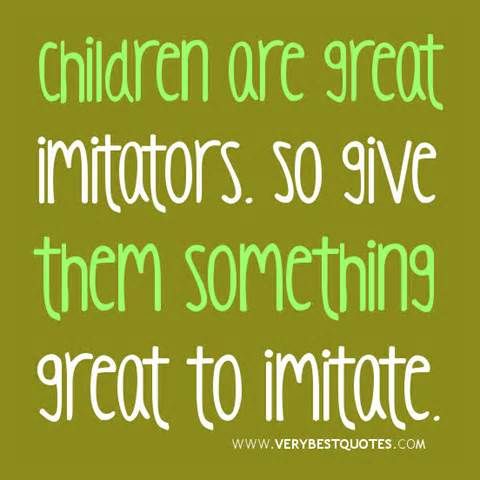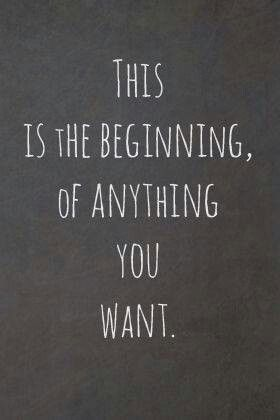Sex and Eating Disorders: A Guide
Submitted by nedic blogger on Tue, 09/22/2015 - 15:52
Being the partner of someone in eating disorder recovery (I imagine, as I’m always the person in the latter category) can be rough. There’s a lot to consider — from how to compliment their bodies respectfully to how to avoid triggering them when talking about food. And if there’s one thing that complicates this delicate balance even more, it’s sex.







